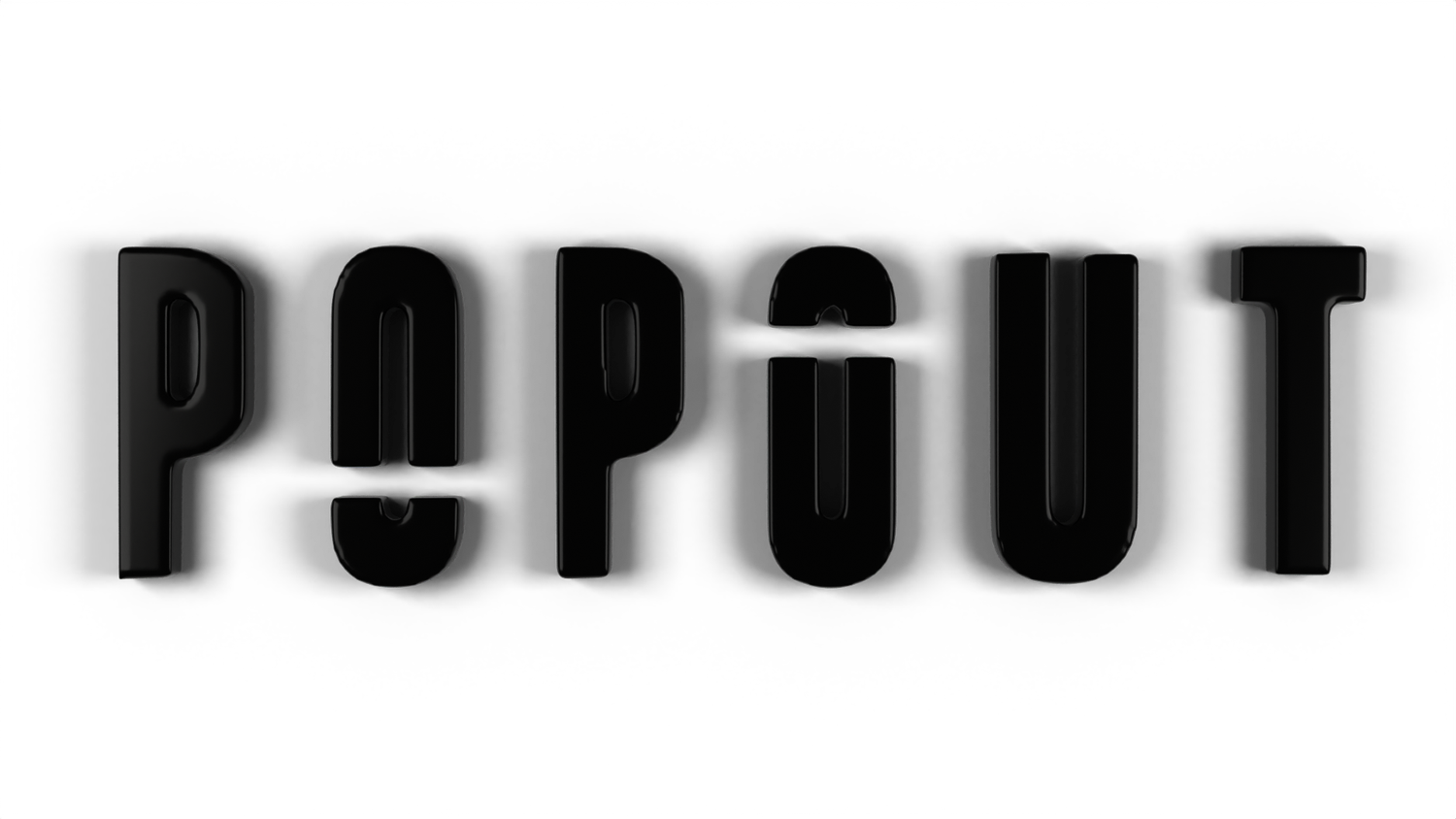
Advice Column Topic:
What is the core of Sustainable Development?
Written by Nia N. Jones
Sustainable development is defined as development that meets the needs of the present without compromising the needs for future generations. The field of sustainability includes, but is not limited, four distinct industries which are: power/electricity, clean water accessibility, waste management, and food/agriculture security.
If you think about any “developing” nation (a problematic term because nations develop at different speeds), then you can easily identify the lack of infrastructure in one of those four areas. For example, there are almost 1 billion people worldwide that still do not have access to reliable and affordable electricity.
Let’s break down each of the four industries more in depth:

Power
Power enables human connection and is the driving force of the economy. Access to electricity is proven to improve quality of life from being able to have light when the sun goes down, preserve food/medicine through refrigeration, and having a working fan when temperatures get unbearable, due to global warming. It is a driving force of the economy because electricity allows for the World to stay connected and for the international trade market to continue to flourish. Without power/electricity the World will come to a stand-still.

Clean Drinking Water
We need access to clean water in order to clean ourselves, our dishes, our clothes, and to consume. Similar to energy, there are also millions of people without access to clean water for drinking and to carry out the daily tasks listed above. Although our planet is 75% water, scientists and researchers have yet to discover the best way to process salt-water so that it is safe for consumption.

Waste Management
Waste management includes trash, landfill, recyclables, and compost. Every household needs a compost bin! Composting is not new but it is a major pillar of waste management because it is a natural form of recycling. Food waste such as peels, rinds, and even napkins, can be composted and processed into fertilizer/soil to use for future crops.

Food | Agriculture
How we nourish ourselves and keep us energized throughout the day. Similar to the other industries, there are people without access to food and may rely on growing their own food for survival. If all people were equipped with the knowledge to grow their own food, think of how much food security would exist.

Overall, there needs to be more investment from both a monetary and intellectual perspective to create more sustainable practices. We should continue to develop and create sustainable practices that will remain in place for generations to come. The current extractive processes are harming our planet and contributing to a World that will be almost inhabitable in the next 100-200 years. The future generations are depending on the present day leaders to make decisions that positively impact the future!

MEET NIA
Nia N. Jones, has a Bachelor of Science in Industrial Engineering degree, with a minor in Law & Public Policy & she recently graduated with a Masters of Science in Energy & Resources from the University of California, Berkley.
